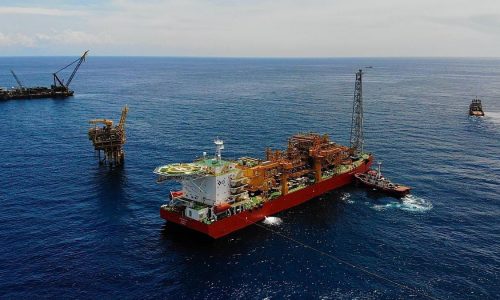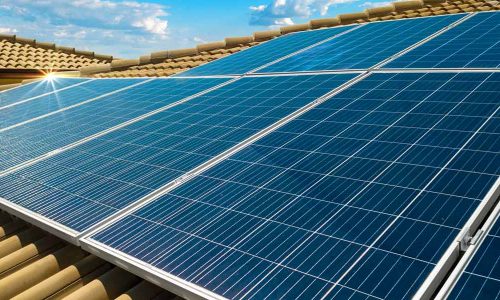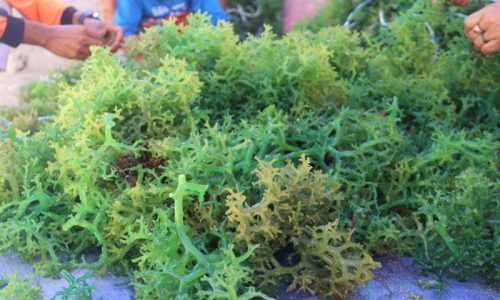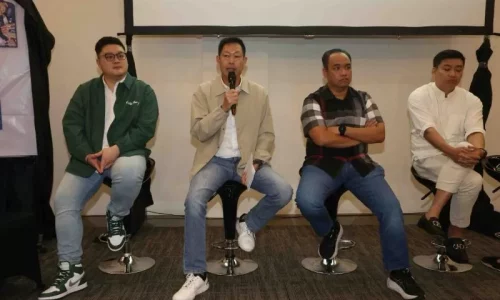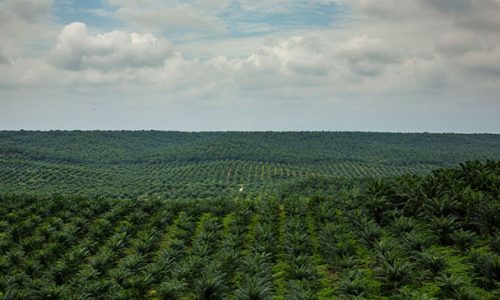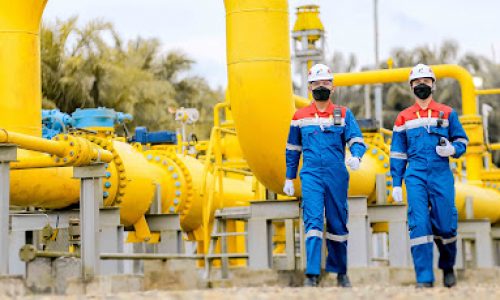During the pandemic, the Textile Industry and Textile Products were one of the surviving business sectors. This sector plays an important role in the regional economy, creating a multiplier effect on the surrounding economy.
It also creates opportunities for growth and development, particularly in the domestic market, and sustainable production.
“This restructuring opportunity can be used so that production capacity can be increased, working capital can be recovered, and of course, we hope that with a situation like this, the textile industry will be able to continue to employ a large number of workers throughout Indonesia,” said Coordinating Minister for Economic Affairs Airlangga Hartarto, during the National Outlook Webinar TPT 2022 by the Indonesian Textile Association, quoted from the Coordinating Ministry for Economic Affairs of the Republic of Indonesia, back on February 25, 2022.
The Indonesian government continues to encourage the textile industry to continue to increase through credit restructuring. Hartarto added that the textile industry is still needed, and in demand by investors.
According to Zulkifli Hasan, Minister of Trade of the Republic of Indonesia quoted from qualitasertifikasi.com said, Indonesian textile products are starting to rise in the midst of post-pandemic national economic recovery.
Volume and value of Indonesian textile export, and imports
However, according to katadata.co.id, the performance of the Indonesian textile industry will drop due to US and European demand falling significantly.
Such a condition is also affected by the weakening of the Rupiah against the US Dollar, which caused an increase in the price of imported raw materials for the textile industry.
According to Jemmy Kartiwa Sastraatmadja, General Chair of the Indonesian Textile Association (API), the performance of the textile industry has dropped by 30% since September 2022.
Jemmy added that Many Indonesian textile products cannot be marketed because demand has decreased for both exports and imports.
Moreover, Jemmy explained that the number of export destination countries also decreased due to inflation and that there is no positive sentiment that can generate demands.
Volume and value of Indonesian textile imports (2017-2021):
(in thousand tonnes; US$ million)
| 2017 | 2,289.5 | 8,803.3 |
| 2018 | 2,563.4 | 10,016.9 |
| 2019 | 2,369.1 | 9,380.1 |
| 2020 | 1,822.5 | 7,200.5 |
| 2021 | 2,207.2 | 9,426.2 |
Volume and value of Indonesian textile exports (2017-2021):
(in thousand tons)
| Markets | 2017 | 2018 | 2019 | 2020 | 2021 |
| United States | 176,3 | 173,3 | 164,6 | 136,2 | 169,3 |
| Japan | 31,5 | 33,7 | 31,1 | 26,8 | 23,1 |
| Germany | 19,3 | 21,1 | 13,2 | 11,1 | 11,2 |
| South Korea | 15,0 | 14,1 | 20,0 | 18,1 | 18,2 |
| Great Britain | 6,5 | 7,0 | 5,2 | 4,6 | 5,3 |
| Australia | 6,4 | 6,1 | 5,6 | 6,0 | 6,5 |
| PR China | 8,3 | 9,7 | 7,8 | 10,0 | 5,3 |
| Belgium | 5,5 | 5,1 | 3,4 | 3,7 | 2,9 |
| Canada | 6,7 | 6,9 | 6,4 | 5,1 | 5,5 |
(in US$ million)
| Markets | 2017 | 2018 | 2019 | 2020 | 2021 |
| United States | 3 455,5 | 3 775,1 | 3 712,7 | 2 944,8 | 3 868,5 |
| Japan | 674,8 | 740,4 | 698,7 | 606,0 | 534,6 |
| Germany | 372,5 | 381,6 | 383,6 | 314,7 | 324,9 |
| South Korea | 304,7 | 346,0 | 345,9 | 300,2 | 282,2 |
| Great Britain | 171,2 | 168,6 | 146,5 | 124,4 | 141,6 |
| Australia | 165,7 | 180,3 | 173,9 | 168,6 | 193,7 |
| PR China | 223,8 | 264,3 | 219,2 | 172,3 | 171,6 |
| Belgium | 145,8 | 146,5 | 106,1 | 121,9 | 85,7 |
| Canada | 162,1 | 178,7 | 172,2 | 135,1 | 155,3 |
Opportunity in the textile industry
Indonesia has a large and growing domestic market for textile products, which provides a significant opportunity for local manufacturers in growth, and development.
According to the Coordinating Ministry for Economic Affairs, the Textile Industry and Textile Products contributed IDR 180.2 trillion to Gross Domestic Product (GDP) in 2021.
In relation to export, the textile industry’s export performance experienced positive growth with a contribution of 5.6% of total exports, with a decrease in imports of US$ 9.4 billion due to anti-dumping, and tightening import permits.
“As a labor-intensive and export-oriented sector, we need to continue to maintain the productivity of the textile industry. During this pandemic, the textile industry plays an important role, especially to meet needs in terms of preventing Covid-19, such as the production of masks and PPE,” said Hartarto.
The government has also implemented policies to promote the development of the textile industry, such as tax incentives, infrastructure development, and investment incentives. These policies have helped to attract foreign investment and promote the growth of the industry.
Government responds to thrifting problem
With regard to the textile industry, Indonesia recently experienced problems with thrifting, a phenomenon associated with purchasing used clothing imported from abroad. Thrifting often offers quality brand products at very low prices
Thrifting practices itself is not prohibited, however, it receives a negative sentiment from textile businesses.
It was not until recently that President Joko Widodo exercised restrictions against importing used clothing.
The restriction was followed up by the confiscation of hundreds of illegal used clothing bulk by the Minister of Trade and the Indonesian Police.
According to antaranews.com, the illegal import of thrifting goods will affect equal economic opportunities for local textile producers.
Additionally, these imports will exacerbate the waste treatment cycle, and add to domestic waste problems. In addition, illegal thrifting can also affect Indonesian cultural identity.
However, the existing regulations are not strong enough to be followed with a ban because it is not imperative enough. The sanctions applied are still administrative in nature, and will not deter importers.
On the other hand, according to Teten Masduki, the Minister of Cooperatives and Small and Medium Enterprises of the Republic of Indonesia, the existence of a new regulation on thrifting does not mean that the government is banning this activity.
Instead, Teten explained that the government is targeting to ban smuggling and importing used clothing.
“The government is not against thrifting. The culture of thrifting is actually good. It’s for product recycling so it doesn’t cause damage to nature,” said Masduki, quoted from money.kompas.com, on March 20, 2023.
He explained that imports of used clothing would erode the local textile industry because the Indonesian textile industry still depends on the local market.
The Indonesian Textile Association said that Indonesia’s textile exports account for only 30%, while 70% is still held by the local market. This shows that the Indonesian textile industry still relies on the local market.
Challenges of the Indonesian textile industry
One of the most significant challenges faced by the Indonesian textile industry is the competition from other foreign textile-producing countries such as China, India, and Vietnam. These countries have lower production costs and can produce textile products at a lower price than Indonesia.
Also, threats from thrifting activities jeopardize textile MSME’s, and other local textile companies through the cheap prices of selling original, and used textile products with lower prices.



